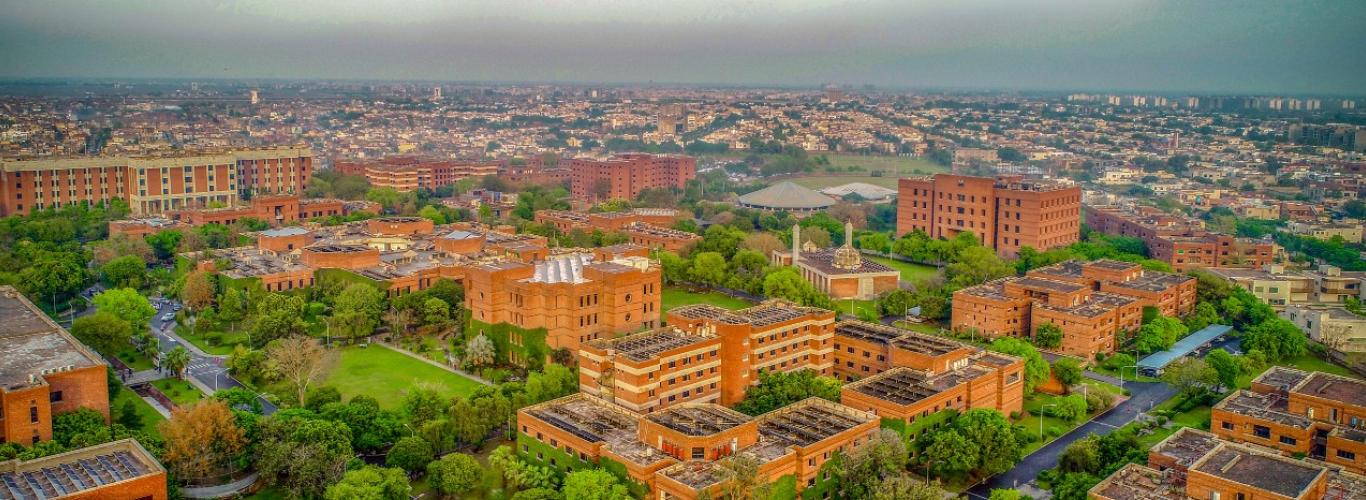WIT to Carry Out Climate Technology Market Assessment in Pakistan for GRASP
Growth for Rural Advancement and Sustainable Progress (GRASP) is implemented by the International Trade Centre (ITC) – the joint agency of the United Nations and the World Trade Organisation (WTO) – with active participation from local partners. The project is funded by the delegation of the European Union to Pakistan.
Aimed at poverty alleviation, GRASP is working to build the Small and Medium-sized Enterprises (SME) sector in the country by focusing on rural communities in 11 districts of Sindh and Balochistan each. Pakistan makes it to the top ten countries vulnerable to the impacts of climate change almost every year. It is therefore important for SMEs to be able to build their resilience and have the capacity to adapt to changing conditions.
The project has outlined its objectives in outputs, and one of them is to promote climate-smart agriculture practices and technologies in selected value chains, and to build the capacities of agribusiness and environmental technology service providers.
The core objectives of the call for technical proposals include:
• Assess the state of climate technology market in horticulture and livestock across Pakistan
• Provide a menu of options to guide GRASP to support the innovation of climate technologies
• Their commercialisation and adoption in the horticulture and livestock value chains in Sindh and Baluchistan
For this purpose, Centre for Water Informatics and Technology (WIT), LUMS has been selected to carry out the Climate Technology Market Assessment in Pakistan. The team comprises of Dr. Abubakr Muhammad, Dr. Mahmood Ahmed (Team leader), Dr. Fozia Parveen, Miss Tabeer Riaz, and Miss Saleha from LUMS while Mr. Faisal Baloch, Mr. Shamoon Sadiq, Mr. Salman Abbasi, Mr. Tanveer and Mr. Qurban are a part of the bigger team as external and local support in Sindh and Balochistan.
The team will assess the state of the climate technology market in horticulture and livestock across Pakistan, provide a menu of options to guide GRASP to support the innovation of climate technologies, as well as their commercialisation and adoption in the horticulture and livestock value chains in Sindh and Baluchistan.
From this research, an analytical report on the state of the climate technology market will be derived, which will outline menu options for the promotion of climate-friendly technologies, and livestock and horticulture value chain to support GRASP implementation. A number of consultative stakeholder workshops will be planned across Islamabad, Sindh and Balochistan to facilitate the process and validate the reports by taking opinions from experts on the matter.























